When I tell people I’m a copywriter, they usually react in one of two ways:
- A blank stare – fair enough. I remember being a research intern and mishearing “copy” as “coffee” and offering to make it…
- An undeserved congratulatory surprised eyebrow raise – they think I am a very important lawyer focussing on intellectual property ownership.
Whatever their reaction, people outside of marketing are often unaware of what a copywriter does, and even those that work with copywriters sometimes get confused about the differences between a copywriter and a content writer.
It is important to make the distinction because many people in the creative industry categorically believe that you cannot be both. While I don’t necessarily agree with the idea of one person being unable to do both, I definitely appreciate the differences in the skill sets and situations where each is needed.
So, what’s the difference?
Copy
Merriam-Webster defines copy in 3 ways:
I usually describe copy as “words that sell”, because that is the majority of my clients’ objective. To be completely literal, however, I should probably say “words that convert”, because some clients want their audience to sign up, call, book or just form a certain impression of the company. Whatever the action, my job as a copywriter is to get your audience doing it!
You need a copywriter if you want your brand to send a specific message – whether that’s “buy this product”, “we are experts in our field”, “we care about our customers” or literally any combination of your goals. Whether it’s your website or your emails, a copywriter will get your words hitting specific targets.
You might think “I know my brand inside and out, how can a stranger explain it better than me?!” There’s no denying you are the expert in your brand but trust me, when it comes to copy, that is not always a good thing.
Any professional writer has advanced research skills and will come into your project with an objective mindset. While a cookie company might think their chocolate chips are what everyone wants to hear about, the copywriter’s research stage might reveal that, actually, this specific market loves that the cookies are accidentally vegan.
You can, of course, write your own copy, but there are loads of reasons to leave it to the professionals:
- A copywriter uses an understanding of psychology to engage the mind of your audience.
- A copywriter shows your consumer exactly what they need from your brand, not just what you think your brand does best.
- A copywriter establishes the perfect voice for your brand and keeps your messaging consistent.
- A copywriter makes boring, technical concepts sound exciting and easy to understand.
- A copywriter persuades and converts – making you money!
Content
Content, on the other hand, is literally any piece of ‘content’ on the internet – videos, blogs, infographics, quizzes, you name it. The purpose of content is to offer value to readers, encouraging them to form a good impression of the provided – thereby a good relationship with the brand.
Content is used by marketers to improve brand awareness and promote themselves as helpful, trustworthy and offering a good solution for their consumers’ problems.
Content marketing is used to get your website ranking highly on Google, using Search Engine Optimisation (SEO). Both copywriters and content writers use SEO, but some content is created with the solitary goal of generating traffic from Google.
You need a content writer if your website gets little traffic. You need a content writer if you want to build an online presence. You need a content writer if you want your brand to be easily recalled by your target market.
You especially need a content writer if you don’t have time to make your content 100% relevant and engaging to your audience. Bad content can be more damaging than no content at all, so while you could write it yourself, here’s why you might not want to:
- A content writer will get it right (aha!) every time.
- A content writer can manage multiple channels at once and knows which formats work for each.
- A content writer will get your website seen by the right people.
- A content writer can introduce you to multiple new forms of content that you never knew existed.
- A content writer uses the perfect words, not the most complicated words.
Copywriter, Content Writer: What’s the Difference?
Think about it like this: a copywriter creates the personality of your brand, drawing in your ideal customers and persuading them to subscribe/buy/learn more or whatever your goals are.
A content writer gets your website seen by those customers and helps them find answers to whatever question they are currently Googling. They establish your brand as the place to find answers in your industry, leading readers to come back next time or click onto your home/product/sales page where the copywriter takes over.
Could have just said that at the start, couldn’t I!



